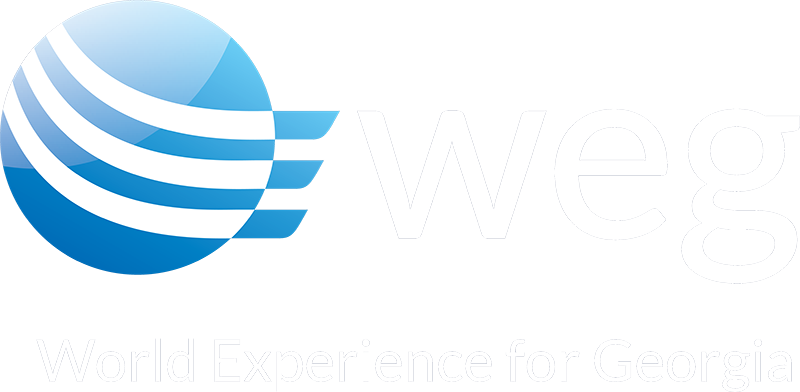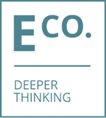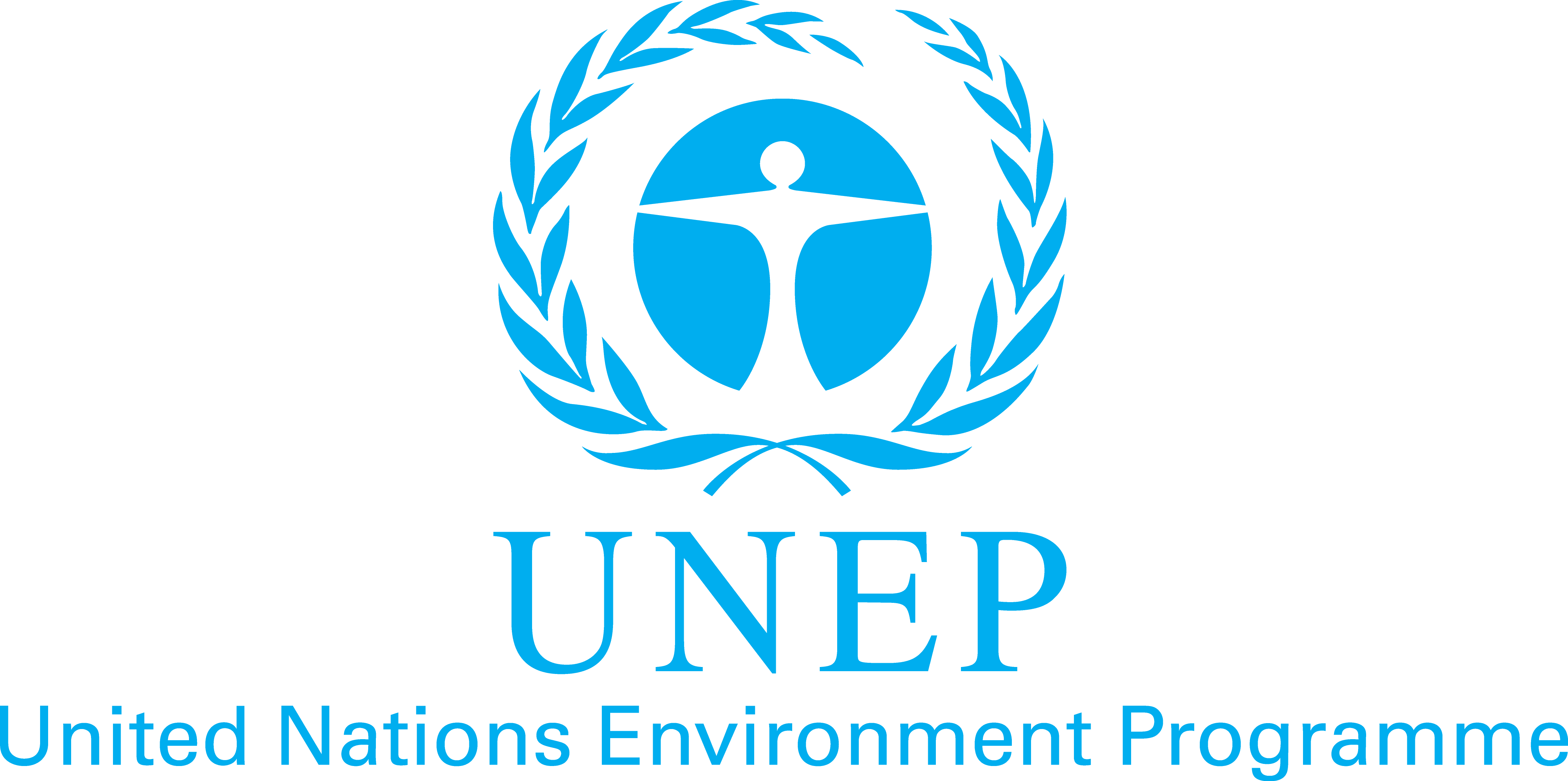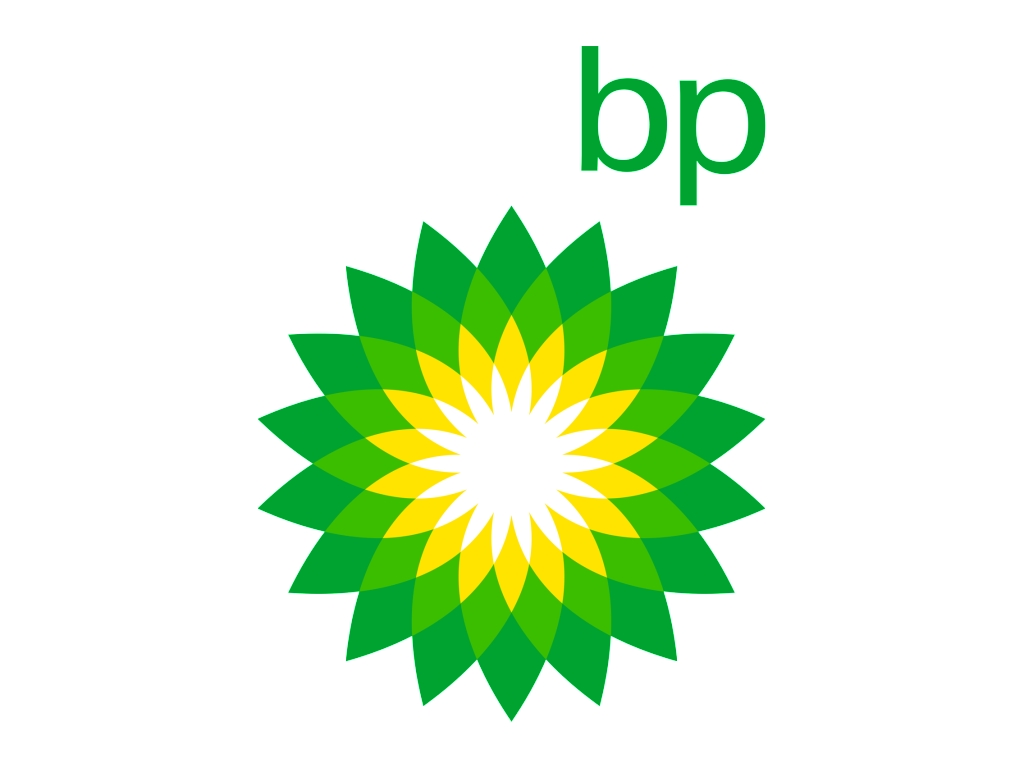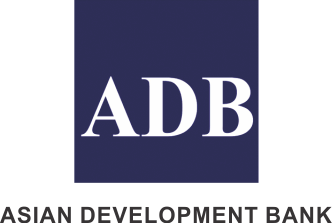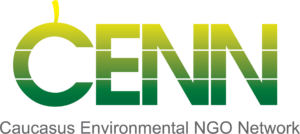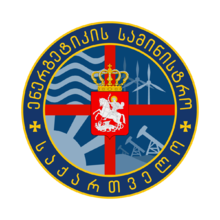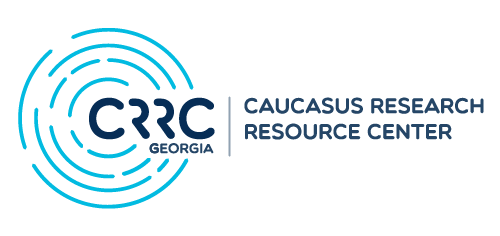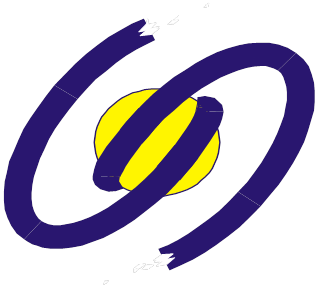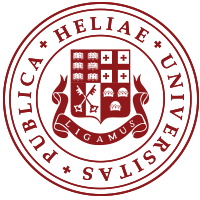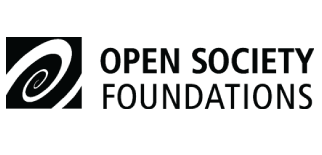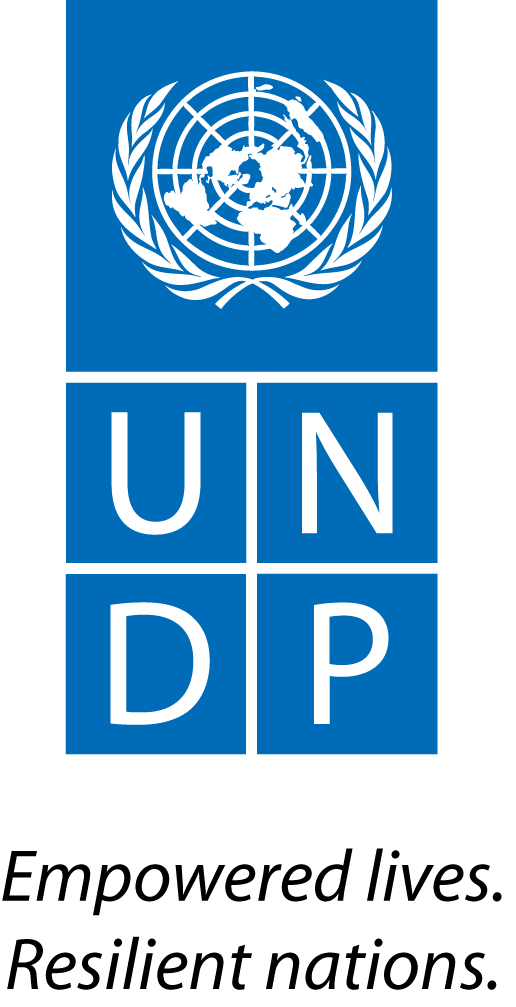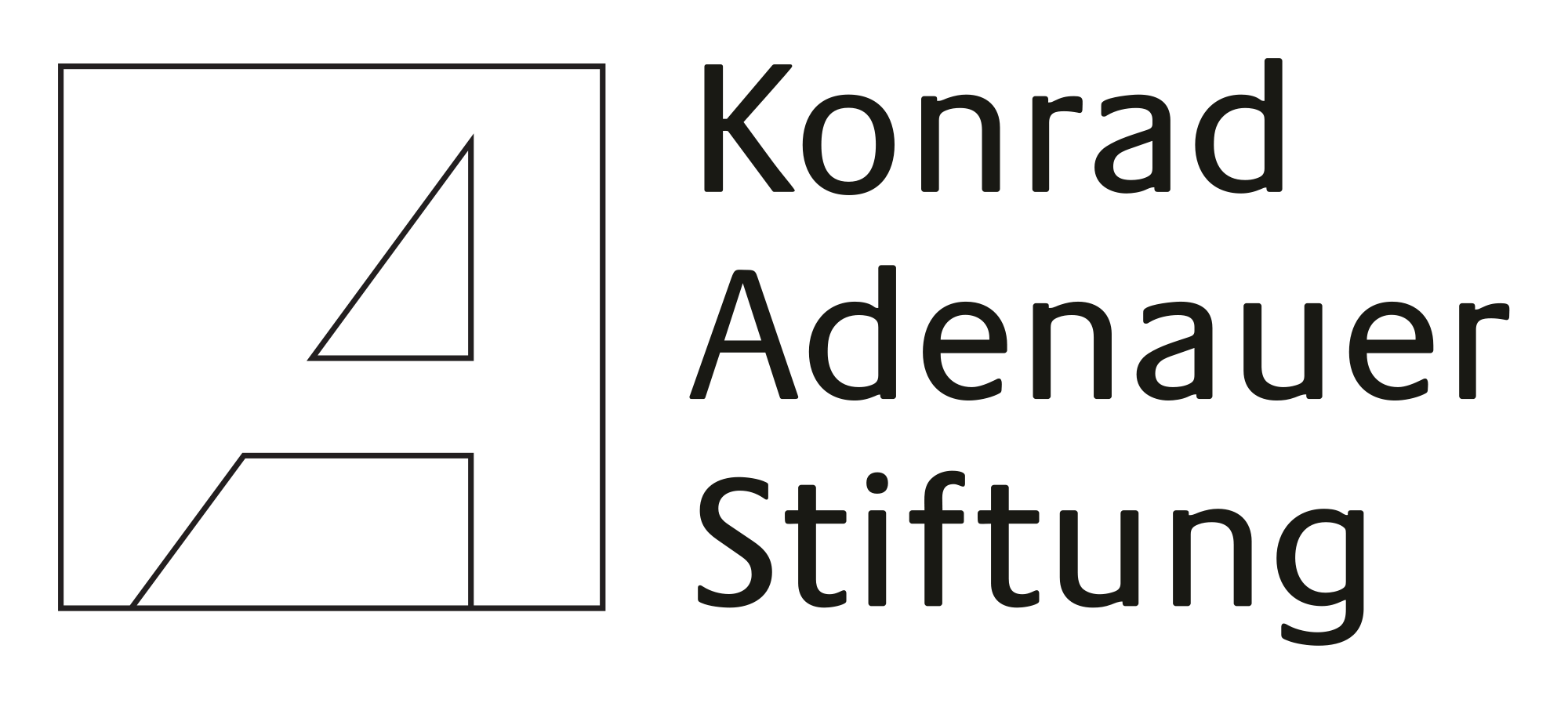Green Energy Park in Tbilisi Zoo
WEG developed the project of Green Energy Park (GEP) – an educational and entertaining showcase for Renewable Energy and Energy Efficiency in Tbilisi Zoo. The project goal is to increase the energy and environmental awareness of society, reduce environmental footprint of the zoo, assure its sustainable development through cutting down the energy costs. The project envisions construction of a learning center (Green Energy House) with classrooms, library, conference and exhibition halls. Renewable Energy will be supplied to the zoo by mini hydro plant, wind turbines, solar PV panels, solar water heaters and biogas generator. Buildings will be heated with geothermal heat pumps. Water will be recycled through biological treatment system and the territory will be covered with intranet network. Energy Efficiency and Renewable Energy exhibits, educational programs and internet site will be developed to entertain and educate on energy and environment issues more than 3-hundred thousand real and virtual zoo visitors annually.WEG has completed a prefeasibility study of the project, funded by BP Exploration and USAID, supported by Stucky Caucasus. The next steps involve detailed feasibility study and design, donor mobilization and implementation of the project.
The project is open for participation and cooperation
